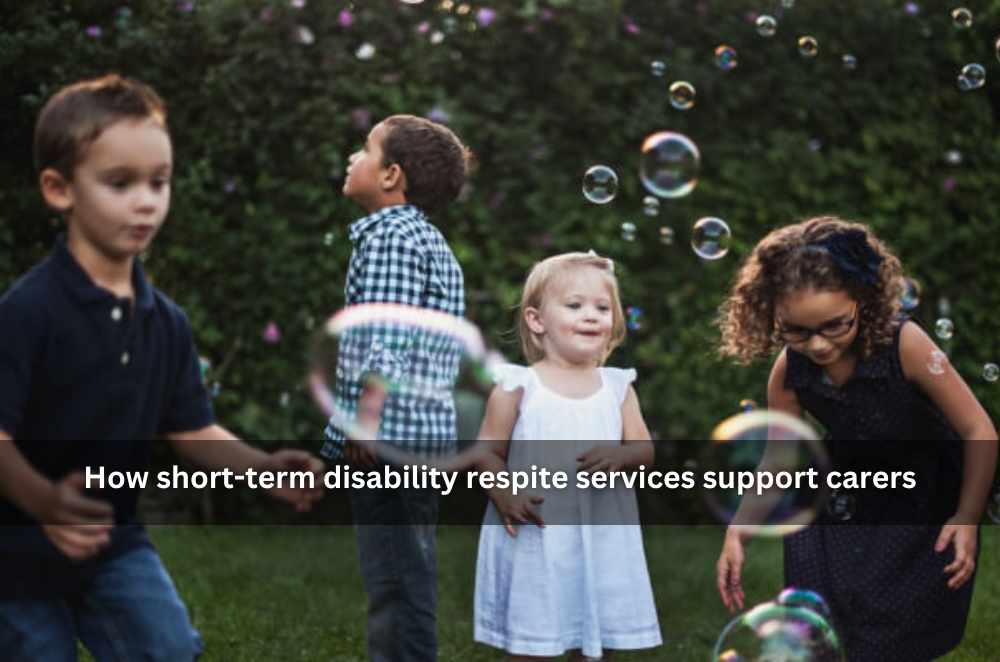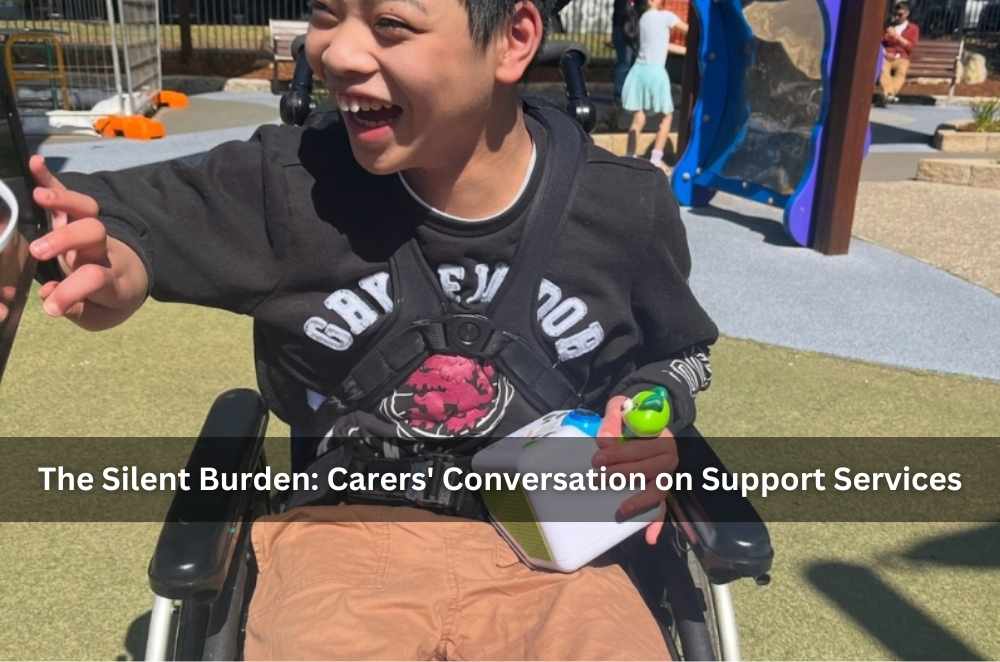
Caring for someone you love — it’s no small thing. It’s a lot of heart, a lot of energy, and sometimes, a lot of chaos. Life doesn’t exactly consult your calendar before throwing a curveball. And when something urgent happens, even the most committed carer might find themselves scrambling. That’s when having access to emergency respite care really matters — the kind that steps in when you physically or emotionally can’t.
This type of care isn’t about handing off responsibility. It’s about giving yourself the capacity to deal with an emergency, knowing the person you care for is still in good hands. Whether it’s overnight or just a few hours, that window of support can change everything.
What is emergency respite care?
Emergency respite care steps in when the usual caregiving arrangement suddenly can’t continue. It’s often short-term — hours, a day, a week — but in the moment, it can feel like a lifeline. Whether it’s for your mum with dementia or a child with a disability, the goal is simple: keep them safe, cared for, and stable.
The location depends on availability. Sometimes care is provided at home. Other times it might be in a residential respite facility or community centre. It’s not fancy. It’s not always perfect. But it works.
I once had to arrange this kind of support at 7 pm on a Sunday. My partner had collapsed at home, and I needed to get to the hospital. I had no backup, no family close by. Within hours, a respite worker arrived. Not someone I knew, but someone who was calm, competent, and exactly what we needed.
Common triggers for needing emergency respite include:
A sudden medical event for the carer
Family crisis or accident
Sudden escalation of care needs or behaviour
Carer exhaustion at a breaking point
Key benefits of planning ahead
You can’t see a crisis coming — but you can reduce the fallout. Most carers put off making an emergency plan, thinking they’ll “deal with it when it happens.” But in the heat of the moment? That’s the last time you want to be making phone calls or filling out forms.
Some things to think about:
Put together a basic care sheet: meds, routine, needs, preferences
Store contacts: GP, local respite services, after-hours numbers
Prep a grab-and-go bag with essentials
Talk to your loved one about how respite might work for them
You might never need it. But if you do, you’ll be so glad it’s ready.
Knowing where to find reliable information
A big reason people hesitate to organise emergency care? They’re not sure where to start. Or they think, “Is this really serious enough?” The truth is, even temporary disruptions in your ability to provide care qualify. You don’t need to be unconscious in a hospital bed to justify a break.
Access to solid respite care information makes a huge difference here. Healthdirect, for example, breaks down the basics — who’s eligible, what kinds of services exist, and how to connect with them.
Things that help:
Keeping a shortlist of providers that offer after-hours contact
Making sure your GP or local hospital knows your situation
Checking if the person you care for has an NDIS or an aged care plan supports
Talking with your family or community network in advance
Being informed isn’t about becoming an expert — just someone who’s not left guessing when it counts.
What to expect from overnight stays
The idea of handing your loved one over to someone else — especially overnight — can be heavy. Most people feel guilt, hesitation, or even fear. That’s normal. But understanding what happens in overnight care can make it easier to manage.
Knowing what to expect helps smooth the transition and reduce anxiety, especially when you’re dealing with overnight respite expectations that might involve sleep routines, medications, or behavioural support.
Generally, here’s what the setup includes:
A clean, supervised space with staff available 24/7
Support workers trained to follow basic medical and behavioural instructions
Flexible timing depending on the crisis (a few hours or a few days)
Basic comforts to replicate home routines when possible
You’re not walking away. You’re stepping aside — briefly — so you can keep showing up tomorrow.
When children need urgent care
Situations involving children are different. The emotions, the risks, the uncertainty — they’re amplified. Especially when kids have special needs or experience with trauma, that’s why emergency care for children isn’t just about logistics. It’s about feeling safe.
When we talk about safe short-term care for children, we’re talking about more than supervision. We’re talking about comfort, calm, consistency. Whether it’s a few hours or a weekend, kids deserve care that supports emotional stability, not just physical needs.
Look for care that offers:
Familiar routines and space for self-regulation
Child-safe carers with relevant checks and experience
Room for personal comfort items like toys or sleep aids
Respectful communication with the child and their carer
It's never an ideal situation, but with the right support, it can still be a safe one.

Final thoughts
Here’s the truth: things will go sideways at some point. It’s just part of the deal when you’re a carer. Emergencies don’t check your bandwidth first. They arrive, demand your attention, and expect you to figure it out. Emergency respite doesn’t fix everything. But it does give you one thing that matters most: breathing room. Space to deal with the crisis, without putting your loved one at risk. Space to recover, reset, and return. Making a plan — even a rough one — is a quiet kind of power. You may never use it. But having it there? It changes how you move through uncertainty.





Write a comment ...